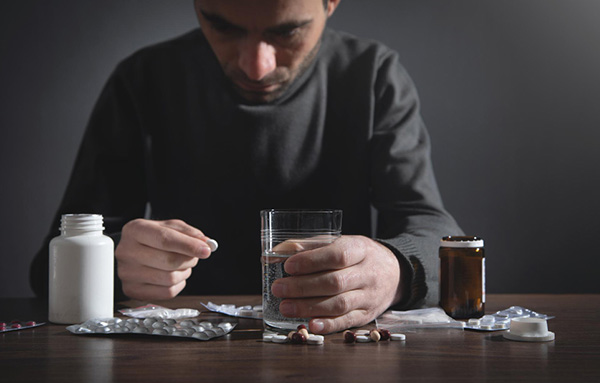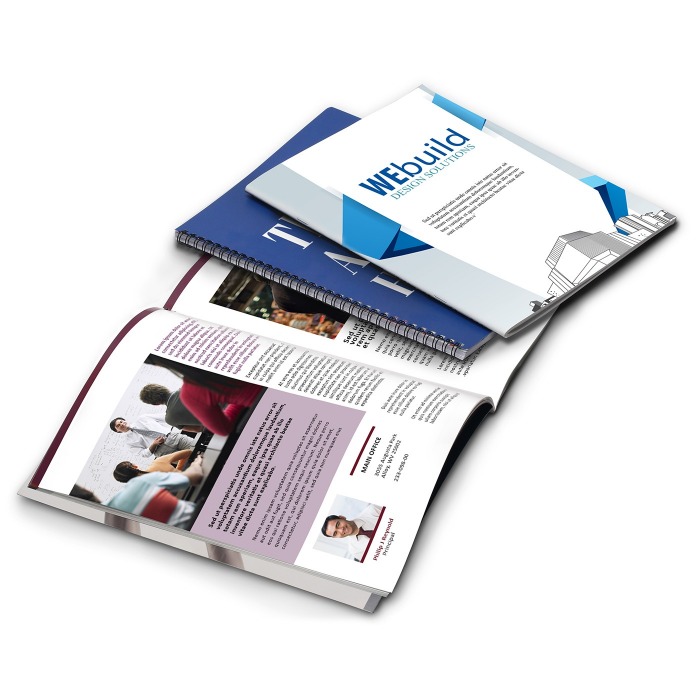How Can Addiction Counselling Improve Your Life?
Addiction counselling is a transformative process that helps individuals regain control over their lives. It is a structured form of therapy designed to address the root causes of addiction, identify triggers, and develop strategies for recovery. Through personalized guidance, addiction counselling empowers individuals to overcome substance abuse and behavioral dependencies, leading to healthier, more fulfilling lives.
One of the key benefits of addiction counselling is its ability to uncover the underlying emotional and psychological factors driving addiction. Whether it stems from trauma, stress, or unresolved issues, addiction counselling provides a safe space to explore these challenges. By working with a trained professional, individuals can better understand their patterns and take actionable steps to break free from harmful cycles.
Another essential component of addiction counselling is relapse prevention. Through evidence-based techniques, counsellors teach coping mechanisms to handle stressors without turning to addictive behaviors. This proactive approach reduces the likelihood of relapse and ensures long-term success in recovery.
Additionally, addiction counselling fosters self-awareness and self-compassion. Many individuals struggling with addiction carry feelings of guilt or shame. Counselling helps address these emotions, replacing self-criticism with understanding and forgiveness. By building a solid foundation of self-acceptance, individuals are better equipped to rebuild relationships and pursue personal goals.
Why Is Family Counselling Crucial for Healing?
Family counselling plays a vital role in fostering emotional well-being and repairing strained relationships. Families often experience tension and misunderstandings, and these challenges can escalate if left unaddressed. Family counselling offers a supportive environment where members can openly discuss issues, resolve conflicts, and strengthen their bonds.
One significant advantage of family counselling is its ability to improve communication. Miscommunication often leads to resentment and distance within families. Counsellors act as mediators, teaching effective communication techniques that promote empathy and understanding. By practicing active listening and expressing feelings constructively, families can rebuild trust and unity.
Family counselling also addresses patterns of behavior that may contribute to ongoing conflicts. For instance, some families may unknowingly perpetuate unhealthy dynamics. A skilled family counsellor can identify these patterns and suggest healthier alternatives. This process not only resolves current issues but also prevents future misunderstandings.
Moreover, family counselling is essential when one member is undergoing addiction treatment. Addiction affects not just the individual but also their loved ones. Family counselling provides a space to address the impact of addiction on the family unit. It educates members about addiction, reduces stigma, and fosters a supportive environment for the recovering individual. This collaborative effort significantly improves the chances of successful recovery.
How Do Addiction and Family Counselling Work Together?
Addiction counselling and family counselling complement each other, offering a holistic approach to recovery and emotional healing. Addiction often strains family relationships, creating a cycle of conflict and isolation. By integrating family counselling into the recovery process, individuals and their loved ones can rebuild their relationships while addressing the root causes of addiction.
During addiction counselling, individuals focus on personal healing and growth. This process involves identifying triggers, developing coping mechanisms, and setting recovery goals. However, without family involvement, the recovery journey may feel isolating. Family counselling bridges this gap by involving loved ones in the healing process. It helps families understand the complexities of addiction and provides tools to support the recovering individual effectively.
Family counselling also addresses the emotional toll addiction takes on loved ones. Many family members experience feelings of anger, betrayal, or helplessness. Counselling provides a safe space to express these emotions and work toward resolution. By fostering empathy and open communication, family counselling helps repair trust and strengthens relationships.
Additionally, combined counselling ensures that everyone involved receives the support they need. While the individual focuses on overcoming addiction, family members learn how to manage their emotions, set boundaries, and provide constructive support. This balanced approach enhances the recovery process and promotes long-term stability.
What Are the Key Benefits of Addiction Counselling?
Addiction counselling offers numerous benefits that go beyond overcoming substance abuse. Here are some key advantages:
- Personalized Support: Addiction counselling tailors strategies to meet individual needs, ensuring effective recovery plans.
- Identifying Triggers: Counsellors help individuals recognize and manage triggers, reducing the risk of relapse.
- Emotional Healing: Addiction counselling addresses underlying emotional issues, fostering self-awareness and resilience.
- Improved Relationships: By promoting self-compassion, counselling enables individuals to rebuild trust with loved ones.
- Long-Term Success: With evidence-based techniques, addiction counselling equips individuals with tools for sustained recovery.
These benefits make addiction counselling a vital resource for anyone seeking to overcome addiction and reclaim their life.
How Does Family Counselling Strengthen Relationships?
Family counselling strengthens relationships by addressing conflicts and fostering mutual understanding. Here’s how it achieves this:
- Enhanced Communication: Counsellors teach families how to express their thoughts and feelings effectively, reducing misunderstandings.
- Conflict Resolution: Family counselling provides tools to navigate disagreements constructively, preventing escalation.
- Shared Goals: By aligning family members’ goals, counselling creates a sense of unity and shared purpose.
- Healing Together: Family counselling allows members to support each other’s emotional growth, deepening their bonds.
By focusing on these aspects, family counselling creates a supportive environment where relationships can thrive.
When Should You Seek Addiction Counselling?
It’s never too early or too late to seek addiction counselling. Here are some signs that it might be time to reach out:
- Loss of Control: Struggling to control substance use or behaviors.
- Negative Impact: Addiction is affecting your health, relationships, or career.
- Emotional Struggles: Feelings of guilt, shame, or hopelessness related to addiction.
- Failed Attempts to Quit: Repeatedly trying to stop without success.
- Support Needed: Feeling isolated or overwhelmed in your recovery journey.
Recognizing the need for help is the first step toward recovery. Addiction counselling provides the guidance and support necessary to achieve lasting change.
How Can Family Counselling Help During Addiction Recovery?
Family counselling is a powerful tool during addiction recovery. It helps families understand addiction as a disease rather than a moral failing. This perspective reduces blame and fosters empathy. By participating in family counselling, loved ones learn how to provide constructive support while maintaining their well-being.
Family counselling also equips members with skills to handle the challenges of recovery. For example, it teaches them how to set healthy boundaries and avoid enabling behaviors. These skills create a supportive environment that encourages the recovering individual to stay on track.
Additionally, family counselling strengthens the family unit as a whole. By addressing past conflicts and building healthier communication patterns, it lays the foundation for a harmonious future. This collaborative effort ensures that everyone benefits from the recovery process.
What Should You Expect from Counselling Sessions?
Counselling sessions vary based on individual needs, but they generally include the following elements:
- Initial Assessment: The first session involves understanding your history, challenges, and goals.
- Setting Goals: Together with your counsellor, you’ll outline clear objectives for your recovery or family dynamics.
- Therapeutic Techniques: Sessions may include cognitive-behavioral therapy (CBT), motivational interviewing, or other evidence-based methods.
- Skill Building: Counsellors teach coping mechanisms and communication skills to enhance personal and relational growth.
- Progress Evaluation: Regular reviews ensure you’re on track to achieving your goals.
By actively participating in counselling sessions, you can make meaningful progress toward a healthier, more balanced life.
Conclusion
Addiction counselling and family counselling are powerful tools for personal and relational transformation. Whether you’re seeking to overcome addiction, mend family relationships, or both, these therapeutic approaches offer the guidance and support needed to achieve lasting change. By addressing underlying issues, fostering communication, and promoting healing, counselling empowers individuals and families to build a brighter future together.














Post Comment